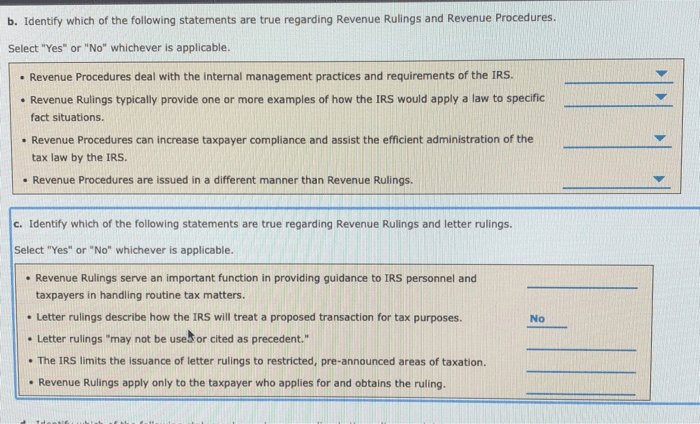Which of the following statements regarding social enterprises is true? This question delves into the multifaceted world of social enterprises, exploring their unique characteristics, impact-driven missions, and the delicate balance between social purpose and financial sustainability. As we embark on this journey, we will uncover the transformative power of these organizations and their potential to shape a more just and equitable society.
Social enterprises stand out from traditional businesses due to their unwavering commitment to social or environmental missions. They harness the power of business to address pressing societal challenges, ranging from poverty alleviation to environmental conservation. Their impact extends beyond profit margins, as they strive to create tangible and lasting improvements in the communities they serve.
1. Social Enterprise Definition and Characteristics

A social enterprise is a business organization that prioritizes social or environmental impact over profit maximization. It operates with a double bottom line, aiming to generate both financial and social value.
Examples of social enterprises include non-profit organizations, cooperatives, and benefit corporations. They address a wide range of social issues, such as poverty alleviation, environmental protection, and healthcare access.
Key Characteristics of Social Enterprises, Which of the following statements regarding social enterprises is true
- Social mission embedded in the core business model
- Emphasis on creating positive social or environmental impact
- Balancing social mission with financial sustainability
- Accountability and transparency in operations
- Stakeholder engagement and participation
2. Social Mission and Impact
The social mission is the driving force behind a social enterprise. It defines the specific social or environmental issue that the organization seeks to address.
Examples of Social Impact
- Providing affordable housing to low-income families
- Promoting sustainable agriculture practices
- Empowering marginalized communities through education and job training
Social enterprises measure and report their impact through various methods, such as performance metrics, surveys, and stakeholder feedback.
3. Business Model and Financial Sustainability
Social enterprises employ a variety of business models to generate revenue while fulfilling their social mission. These models include:
- Selling products or services
- Providing consulting or training services
- Partnering with other organizations
Social enterprises must balance their social mission with financial sustainability to ensure long-term viability. They explore innovative funding mechanisms, such as:
- Grants and donations
- Social impact bonds
- Mission-aligned investments
4. Governance and Accountability: Which Of The Following Statements Regarding Social Enterprises Is True

Social enterprises have unique governance structures that prioritize stakeholder engagement and accountability.
Role of Stakeholders
- Beneficiaries: Individuals or communities who benefit from the social mission
- Investors: Individuals or organizations that provide financial support
- Employees: Individuals who contribute to the organization’s operations
- Board of Directors: Responsible for overseeing the organization’s mission and strategy
Social enterprises emphasize transparency and accountability through regular reporting, independent audits, and stakeholder involvement.
5. Legal and Regulatory Environment

Social enterprises operate within legal and regulatory frameworks that vary across jurisdictions. These frameworks:
- Define the legal status of social enterprises
- Provide tax incentives and support mechanisms
- Regulate fundraising and financial reporting
Social enterprises navigate the legal and regulatory landscape by understanding the relevant laws, seeking legal advice, and advocating for policies that support their mission.
6. Role in Society

Social enterprises make significant contributions to society by:
- Addressing social and environmental issues
- Creating employment and economic opportunities
- Fostering innovation and collaboration
Social enterprises have the potential to create systemic change by influencing policy, raising awareness, and mobilizing resources to address societal challenges.
Clarifying Questions
What is the defining characteristic of a social enterprise?
A social enterprise prioritizes social or environmental impact over profit maximization.
How do social enterprises measure their impact?
Social enterprises employ various metrics and reporting frameworks to quantify and demonstrate the positive changes they create.
What are the challenges faced by social enterprises?
Social enterprises often navigate complex legal and regulatory frameworks, limited funding opportunities, and the need to balance social mission with financial sustainability.